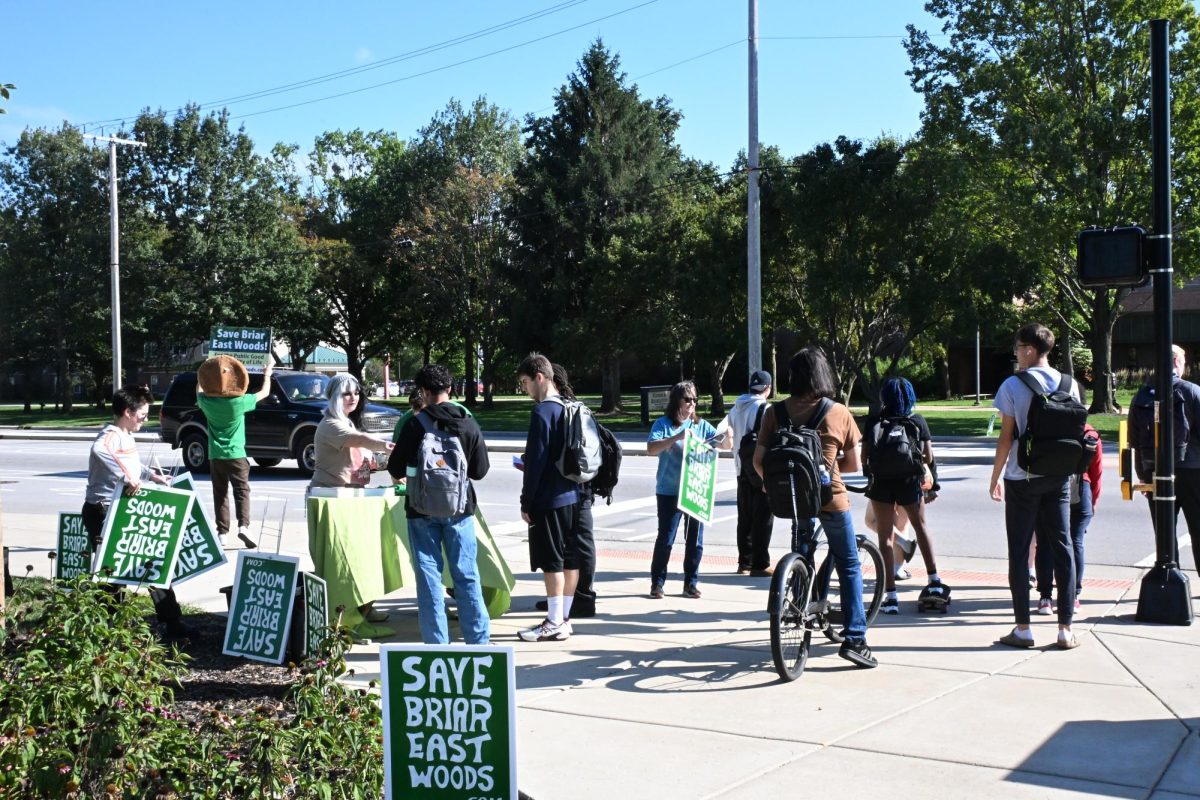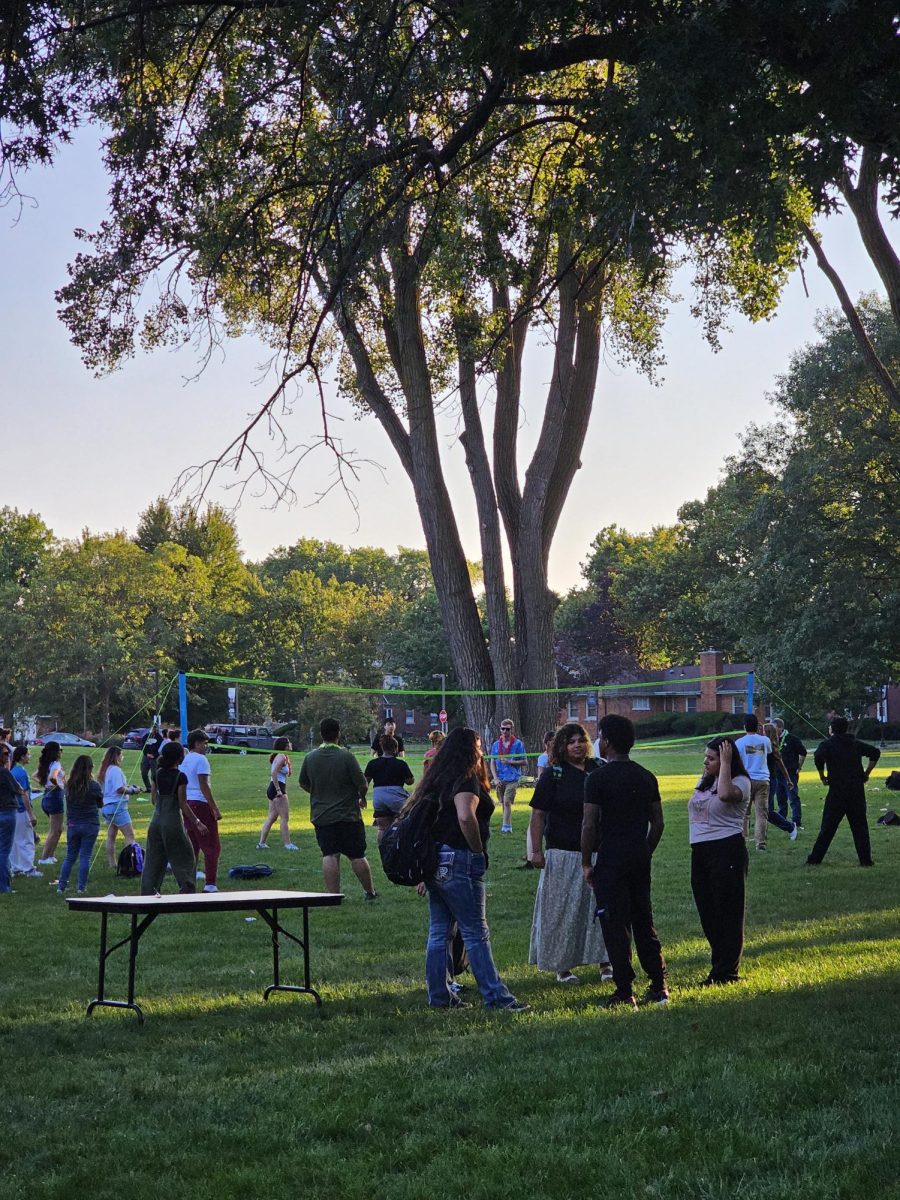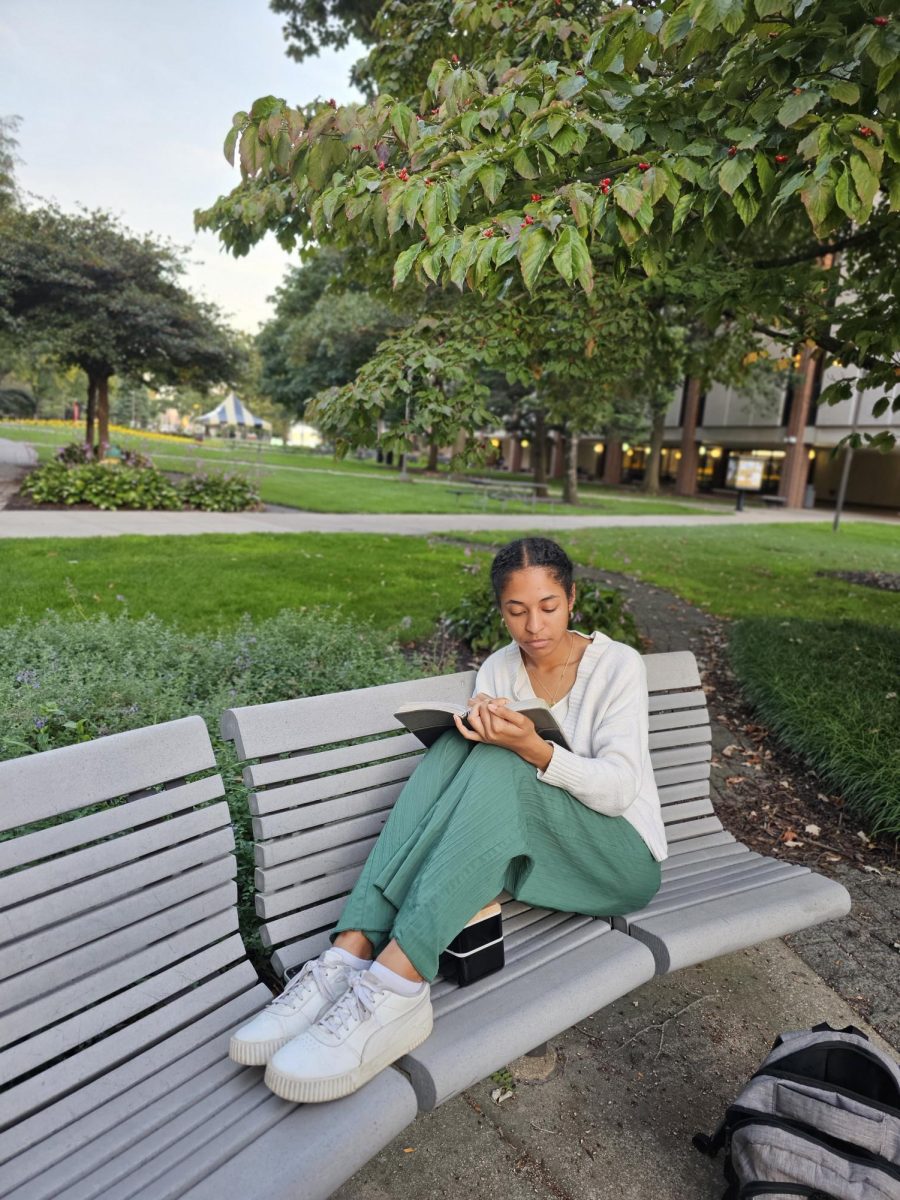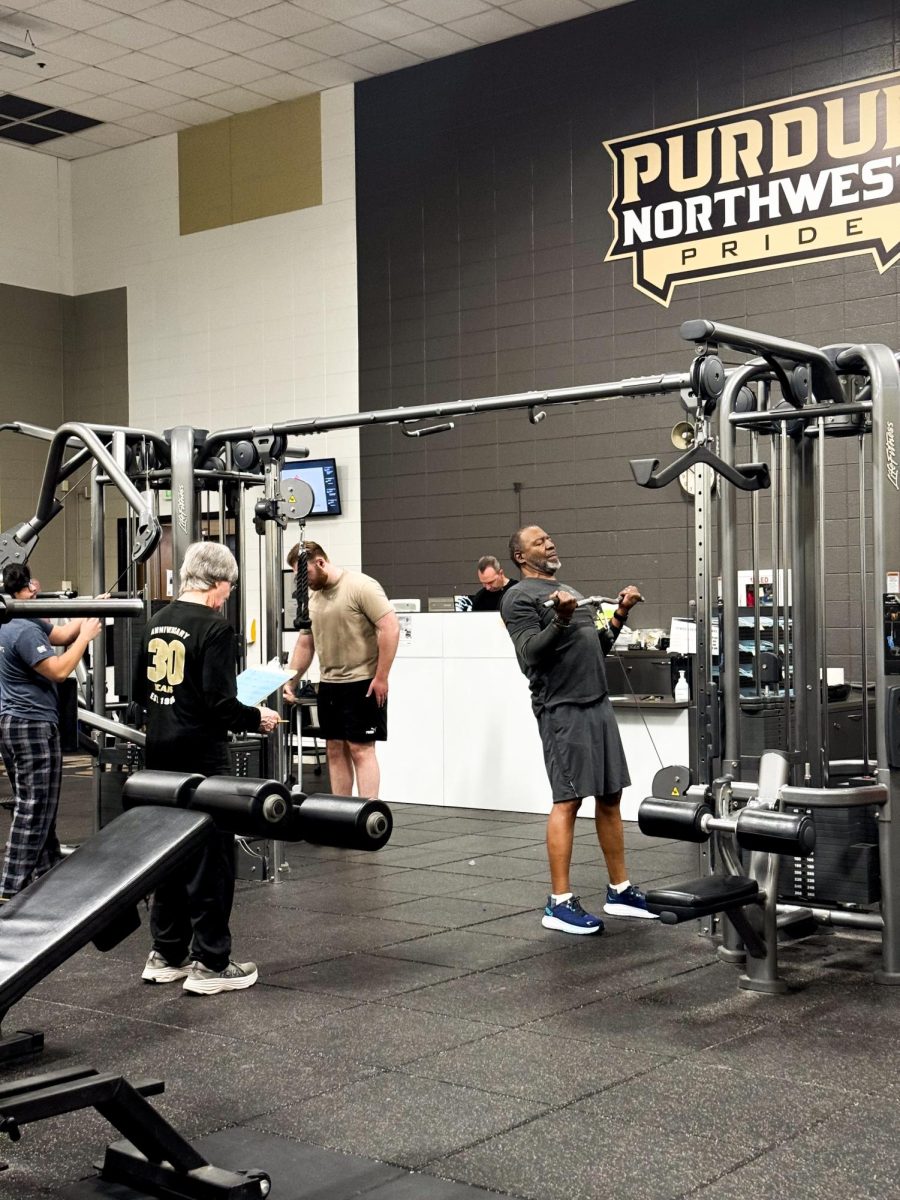Though the PNW Food Pantry has just collected two tons of food donations, organizers are already looking for ways to get more help.
“As a college student, your money only stretches so far,” said Scott Iverson, assistant vice chancellor of Housing and Student Life and founder of the pantry. “Whether you’re an international student or just living far away from home on campus having a hard time figuring out where your next meal will come from, the demand just continues to increase.”
The United States Government of Accountability Office has confirmed that food insecurity among college students is around 30%.
Up to 200 students a month at PNW seek food assistance, making the pantry an important part of the university.
With the rise in grocery prices and transportation costs, money is tight for some students.
Alicia Therese Aguirre volunteers at the pantry to help them.
“College can be an isolating experience, I like being able to affect some positive change in the community, more now than ever since there’s a lot of negativity in the world,” said Aguirre, a senior Accounting major. “Volunteering allows students like me to not only be a part of helping the community but also build connections with other students.”
Iverson said he wants more students involved in the pantry to help overcome the stigma associated with it.
“The more that students use it, the more that others understand and accept that it’s a resource they can use and take advantage of if they need it,” he said.
A study of 1,855 California college students published in 2022 reported that a greater number of campus food pantry visits was associated with improved health. The study concluded that food pantries may be filling a nutrition gap at universities.
Molly Bowler—an Honors College member who relies on pantry help – understands the importance of that. It’s why she volunteers at the pantry.
“Volunteering was my main exposure to the pantry, making sure other students are being fed, and helping combat food insecurity in college students,” said Bowler, a junior majoring in Psychology, who also finds herself using the food pantry. Bowler appreciated having the same access as other pantry users.
“I remember hearing Mya Bell the current president of the food pantry and now one of my closest friends, announce a call out meeting in the hall,” Bowler said. “By attending, I was able to start being a more full-time member of the pantry.”
Although the pantry just got restocked after the Chancellor’s Cup Challenge last month, there is still a concern as the months go by.
“Hunger naps are a real thing. At a time when students can be studying, they just don’t have the energy to because they can only think about their rumbling stomachs,” said Iverson.





